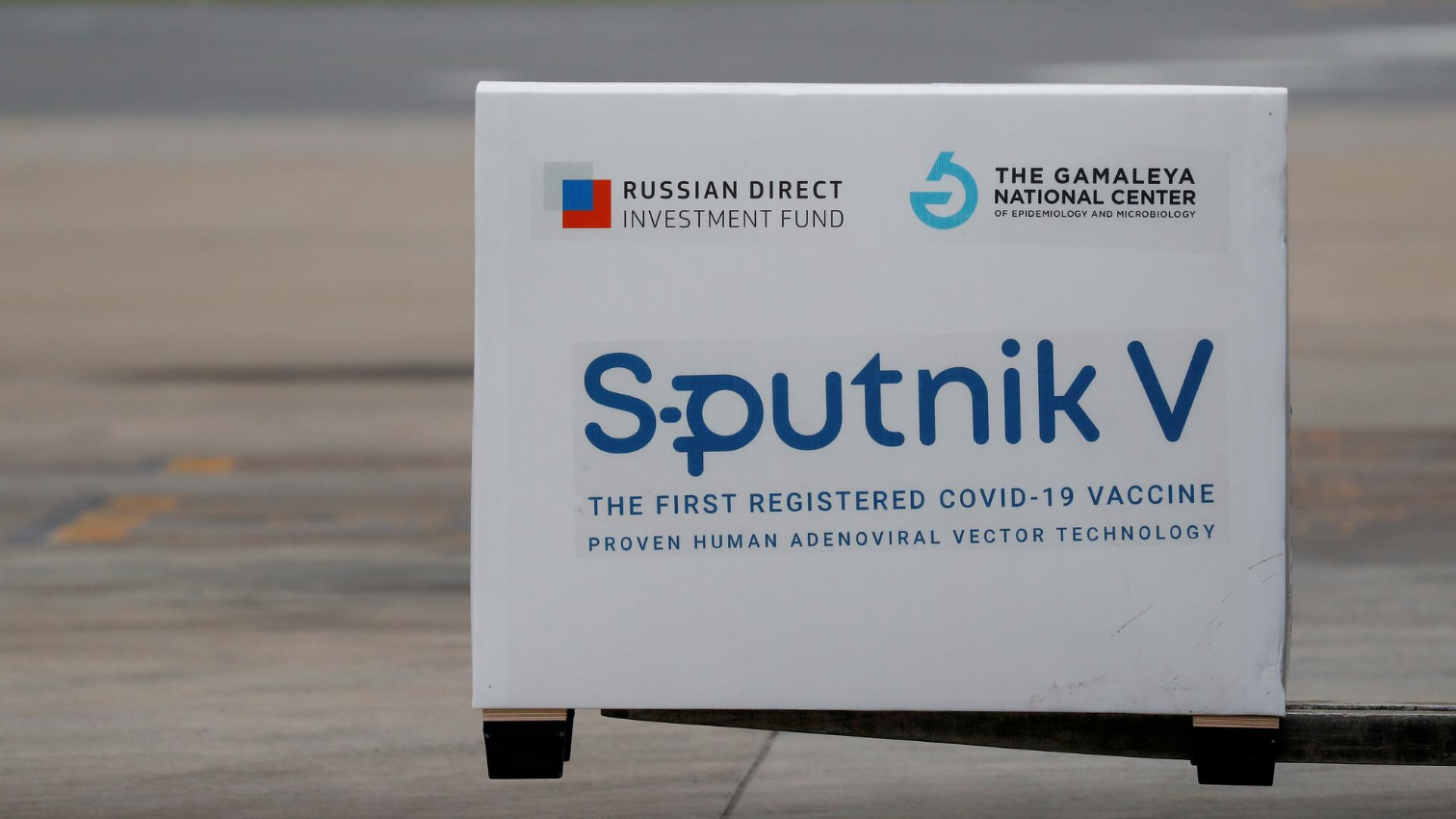
A shipment of doses of the Sputnik V vaccine against the coronavirus is seen after arriving at Ezeiza International Airport, Buenos Aires, Argentina, January 28, 2021. (Photo: Reuters)
The first 100,000 doses of Russia's Sputnik V coronavirus vaccine arrived in Venezuela on Saturday.
In a tweet, Venezuelan President Nicolas Maduro said medical and health personnel would be the first to receive the vaccine, "given their exposure to COVID-19."
The vaccines arrived at Caracas' international airport on a special flight from Moscow on Conviasa airlines, Venezuela's state carrier, according to images shown by state television VTV.
"Here is the vaccine to serve the most vulnerable sectors with the highest priority, health personnel, for example; it is a vaccine that addresses the most grave cases of patients with morbidities," said Vice President Delcy Rodriguez.
"It is a vaccine that seeks to reduce community transmission," she added.
Maduro has previously said after healthcare workers, "vulnerable sectors" would be next in line, followed by teachers. And the South American country would receive 10 million doses of the Sputnik V vaccine.
In addition to Sputnik V, the Pan American Health Organization's (PAHO) chief of mission said last week that between 1.4 million and 2.4 million doses of the AstraZeneca Plc vaccine had been reserved for Venezuela. At $10 per dose, those vaccines would cost between $140 million and $240 million.
Venezuelan government officials and opposition leaders have met to discuss buying coronavirus vaccines through the international COVAX program using cash frozen in the United States by economic sanctions, but no deal has been made.
In a Thursday evening state television appearance, Maduro said the government was working on a $300 million deal with PAHO for vaccine supplies, but no more details were revealed.
So far, the country has reported 132,259 coronavirus cases and 1,267 deaths.
The government has authorized a relaxation of the national quarantine for two weeks for the next Carnival holiday.


